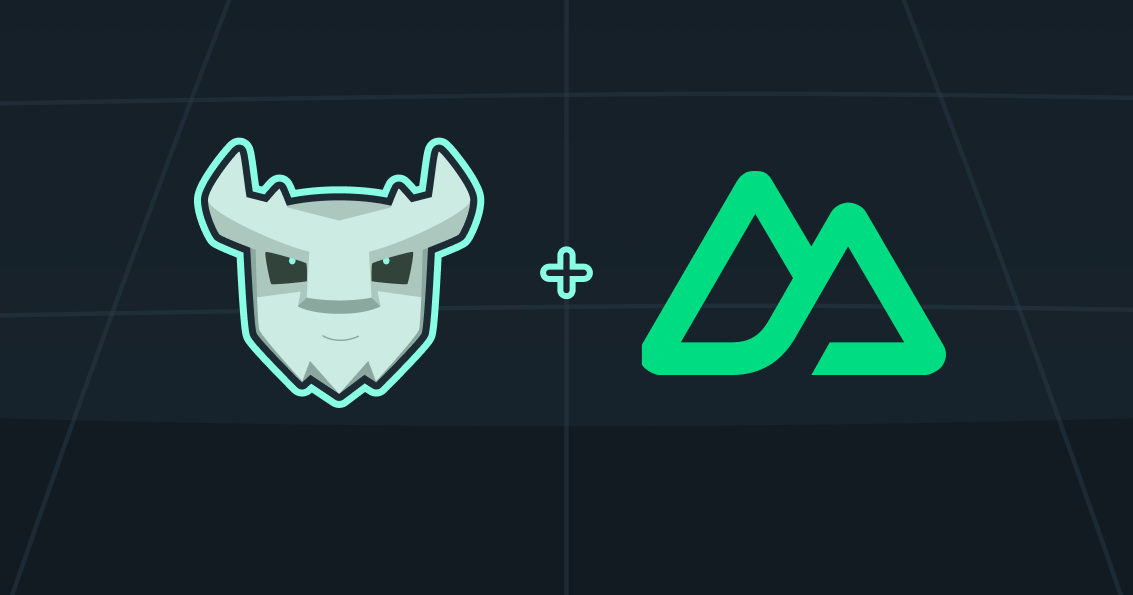
- Install the Turso CLI
- Sign up or login to Turso
- Have a Nuxt app — learn more
Configure database credentials
Get the database URL:Get the database authentication token:Assign credentials to the environment variables inside
.env.Configure variables inside Nuxt's runtime config.
nuxt.config.ts
Make sure that names of the keys in the
runtimeConfig object match the names
of your environment variables. Read more about this
here.